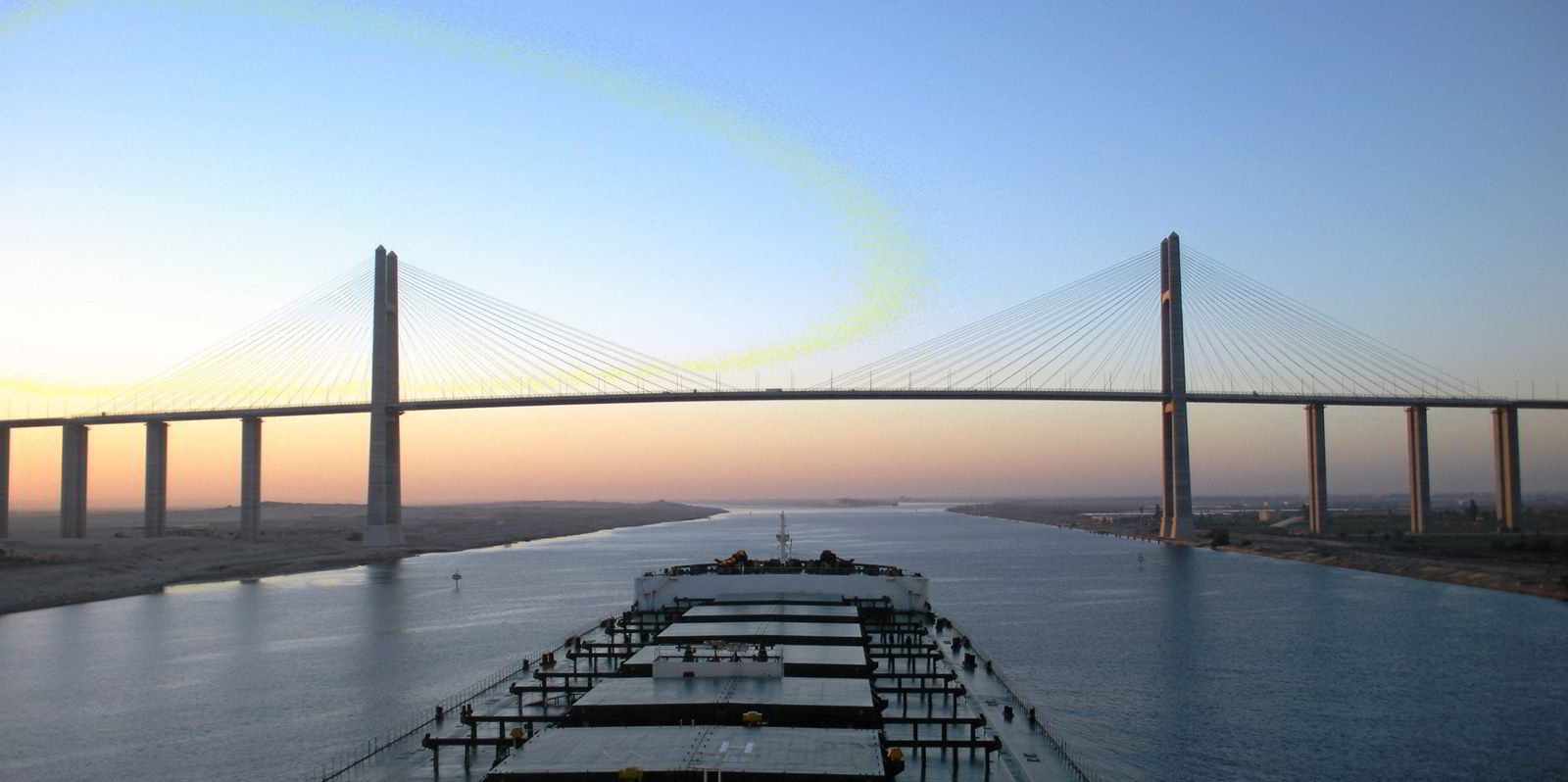Financial risk in shipping will grow unless changes are made to how accounts are structured for companies trading European Union carbon allowances — but there are early signs that the European Commission is considering revisions.
Those were among the conclusions from a meeting last week between EC officials and members of the Independent Forward Freight Agreement Association (IFFAA), the organisation told TradeWinds.
Just over two weeks remain until shipping enters the EU Emissions Trading System (ETS). Shipping companies will be expected to open a marine operator holding account in February.
IFFAA representatives told the commission that the financial risk stems from the difficulties and barriers for companies incorporated outside the EU in trying to open trading accounts on the Union Registry.
All avenues for opening a trading account are practically closed to companies that have not been incorporated in the EU, Hugh Taylor, manager of ETS consulting at derivatives broker Freight Investor Services, told the commission.
Under the current structure, shipping companies are legally obliged to trade EU allowances (EUAs) but are unable to warehouse them inside an EU trading account and so must store them on an over-the-counter (OTC) basis.
This increases the risk of financial loss for a company, and for the industry as a whole, as Andrew Hughes, carbon & bunker derivatives trader for bulker owner DryLog Trading, highlighted at the meeting.
Things will get even more complicated and risky for shipowners in February, when all the companies will try to open their marine operator holding accounts, he added. This could have a knock-on effect across the industry, with consequences to worldwide trade, markets and consumer prices.
The association said the EC acknowledged the feedback and was somewhat receptive.
“After the meeting, IFFAA came away with a sense that the commission hadn’t fully appreciated the added risk involved in OTC trading, a risk which remains firmly in the minds of some in the shipping industry since 2008, when many were left out of pocket as their OTC trader counterparts went bankrupt in the wake of the financial crisis,” it said.
“Before this disaster, the freight derivatives market was mostly OTC.”
The commission told the IFFAA it recognised the difference between shipping entities that want to comply with the legislation and speculative traders.
It is looking at staffing levels in some of the administrative teams of states that set up trading accounts on behalf of shipping companies.
Insufficient staff is part of the reason that countries including Malta — the only EU country that has not required companies to have a local presence when setting up an account — stopped accepting further applications this year, because they had been inundated with requests.
The EC also acknowledged during the meeting that, for maritime, the regime may need to move on from the existing operator holding account and separate trading account set-up to a structure that combines the two.
IFFAA members Taylor and Hughes met EU representatives Marcos Gonzalez Alvarez, deputy head of the Directorate-General for Climate Action, and policy and legal officers Ngoc-Lan Lang and Ioana Eleonora Rusu.
But it remains to be seen how influential the IFFAA will be in raising its concerns. Seven southern European nations this month called for the EC to reassess some of the elements around shipping’s inclusion in the ETS and to delay the process, but the commission refused.
The nations are worried that shipowners and managers will avoid EU ports once the ETS enters into force.
Member states have expressed concern over possible circumvention of anti-money laundering and value-added tax (VAT) laws. However, the EC said it is members’ prerogative as to how they interpret the legislation.
Opening a trading account for EUAs is tricky for non-EU shipping companies because most EU member states require local VAT registration.
Some, including Spain and Sweden, require companies to employ a person with permanent residence in the country. The Netherlands requires companies to register with the Chamber of Commerce.




